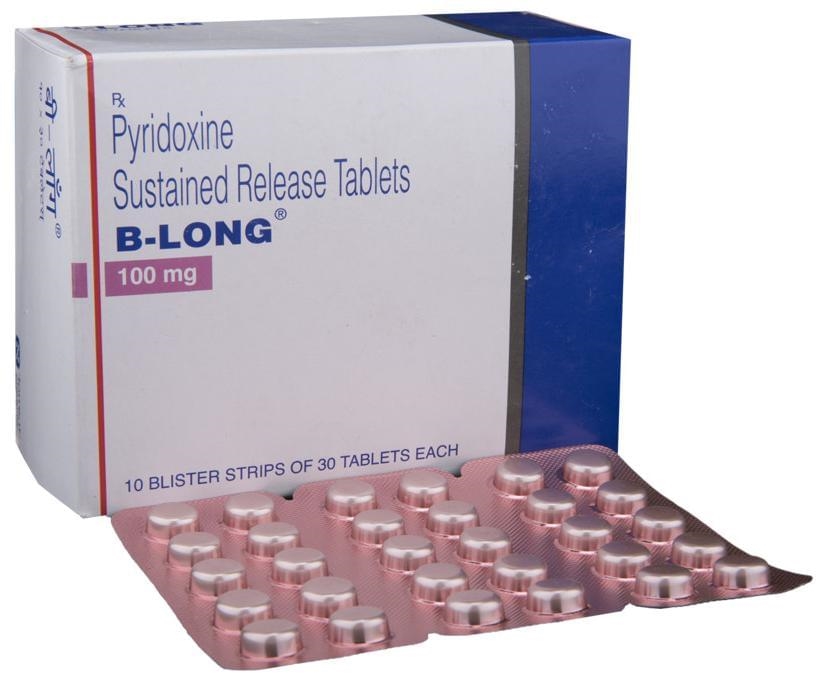Vitamin B6
Vitamin B6, also known as Pyridoxine, is a water-soluble vitamin that plays an essential role in various bodily functions. It belongs to the B complex group of vitamins, which work together to maintain overall health and well-being. Vitamin B6 is involved in protein metabolism, amino acid conversion, and the formation of red blood cells. It also plays a crucial part in maintaining a healthy immune system, promoting brain development, and supporting nerve function.
Vitamin B6 is present in a variety of foods, including whole grains, legumes, nuts, potatoes, bananas, lean meats, and fish. However, supplementation is necessary for individuals who may not receive adequate amounts of Vitamin B6 through diet alone or suffer from certain medical conditions such as alcoholism, kidney disease, or certain types of anemia.
A common form of Vitamin B6 supplementation is Pyridoxine Hydrochloride, which comes in various forms including tablets, capsules, and even injections. It is available over the counter and prescribed to patients experiencing symptoms of B6 deficiency, such as anemia, seborrheic dermatitis, or impaired immune system function.
Moreover, Vitamin B6 has shown promise in the treatment of conditions such as carpal tunnel syndrome and premenstrual syndrome (PMS). However, consult with a healthcare professional before starting any supplement regimen to ensure the appropriate dosage and avoid any potential side effects or drug interactions.

Showing the single result
Showing the single result

